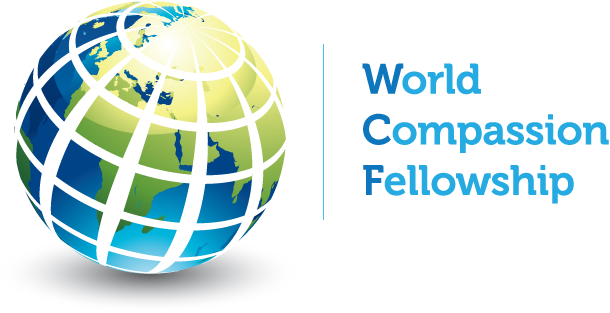Afghan Humanitarian Relief
DonateWhat We Provide
World Compassion Fellowship (WCF) sponsors food and hygiene care kits, essential supplies, and housing assistance for Afghan refugees who have fled to surrounding countries.
FOOD AND HYGIENE CARE KITS
ESSENTIAL SUPPLIES
HOUSING ASSISTANCE
How We Help
This project enables WCF to give to the neediest Afghan refugee families that fled to neighboring countries starting in 2021. WCF provided more than 40,000 Food Month Packages to refugees during the first year and funded 19 secure houses for 135 Afghans.
Although a great majority of the Afghan refugees were forced to return in the past year, there are still some families who are under severe threat and already suffered death and assassinations in their families back home. They are desperately waiting for emigration to other countries, but have been stuck indefinitely without a clear date to emigrate. These families are still in desperate need of practical assistance. They require ongoing humanitarian care such as food, toiletries, medication, and clothing as well as housing assistance.
The Background
Afghans have suffered more than 40 years of violence and conflict such as the Soviet invasion in 1979; conflict with the US in 2001; the Taliban led insurgency; and now the Taliban regaining full control of the country in 2021. Escalating conflict brought more human suffering and displacement. Displaced civilians face incidents of extortion and the presence of improvised explosive devices on major roads. In host countries, the refugees live in very difficult circumstances. The host countries are under strain and there's a lot of resentment of the refugees' presence and there are limits on their ability to work and provide for themselves.

